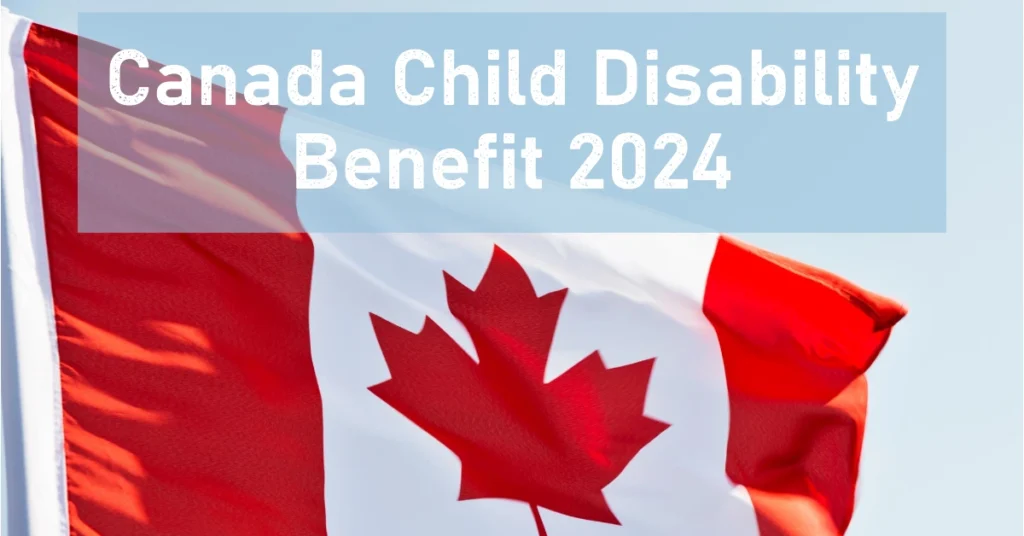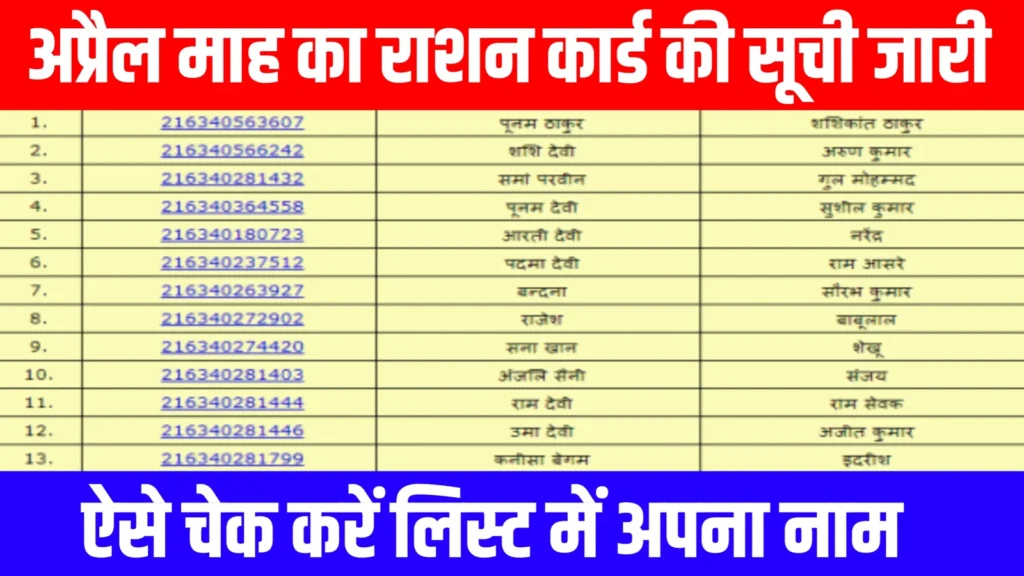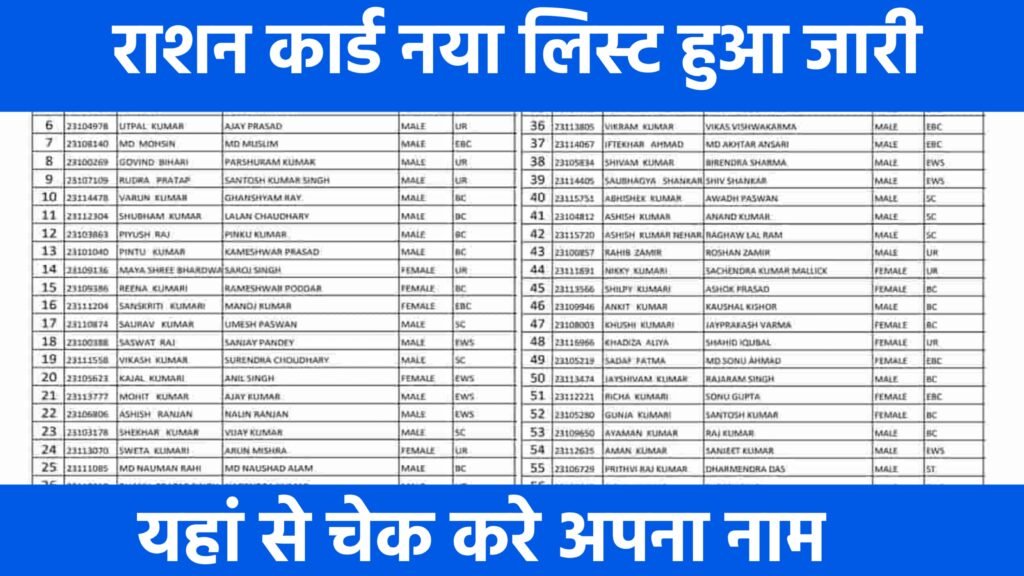Canada Child Disability Benefit 2024: Amounts, Payment Dates, and Eligibility
The Canada Child Disability Benefit (CCDB) is a vital support program for families raising children with disabilities in Canada. If you are a parent or caregiver of a child with a severe disability, this benefit can provide much-needed financial relief. With its focus on easing the financial burden of additional care costs, the CCDB ensures that all children, regardless of their abilities, have the opportunity to live fulfilling lives. In Canada, the government recognizes the importance of supporting families with children who have disabilities, ensuring that these families can access the financial resources necessary to provide care and meet the needs of their children. The Canada Child Disability Benefit (CCDB) is one such program aimed at offering financial assistance to families with children who have severe disabilities. In this blog, we will explore what the Canada Child Disability Benefit is, its eligibility requirements, and how families can apply for it in 2024.
What is the Canada Child Disability Benefit (CCDB)?
The Canada Child Disability Benefit (CCDB) is a financial assistance program provided by the Canadian government to help families who have children under the age of 18 with severe disabilities. The benefit is designed to help cover additional costs associated with raising a child with a disability, such as medical expenses, specialized equipment, therapy, and other care needs that might not be covered by regular health insurance.
The CCDB is administered by the Canada Revenue Agency (CRA) and is closely tied to the Canada Child Benefit (CCB), which is a broader program aimed at providing financial support to families with children under the age of 18. The CCDB is an additional benefit on top of the regular CCB, specifically for families with children who have a disability.
Key Features of the Canada Child Disability Benefit (CCDB)
Additional Financial Support: The CCDB provides monthly financial assistance to families with children who have severe disabilities. The amount you receive depends on factors such as your family income and the number of children in your household.
No Age Limit: Unlike some benefits that end when a child turns 18, the CCDB provides support as long as the child is under 18 and has a qualifying disability.
Tax-Free Benefit: The CCDB is a tax-free benefit, which means that the money you receive will not be taxed, offering families additional financial relief.
Eligibility for the Canada Child Benefit (CCB): To qualify for the CCDB, you must first be eligible for the Canada Child Benefit (CCB). The amount of CCDB you can receive is based on the same eligibility criteria used for the CCB, but with additional considerations for the child’s disability.
Eligibility for the Canada Child Disability Benefit (CCDB)
To be eligible for the Canada Child Disability Benefit (CCDB), families must meet the following criteria:
Disability Certification:
The child must have a severe and prolonged physical or mental impairment. A child’s disability must meet the criteria set out by the CRA and the medical community, and families need to submit a Disability Tax Credit (DTC) certificate from a medical professional to confirm the child’s disability.
The child’s impairment must significantly impact their ability to perform daily activities, and it should be expected to last for at least 12 months or longer.
Canada Child Benefit (CCB) Eligibility:
To qualify for the CCDB, families must first be eligible for the Canada Child Benefit (CCB), which is based on family income, the number of children, and other factors.
The family must be the primary caregiver for the child and live in Canada.
Residency:
The family must be residing in Canada, and the child must be a Canadian citizen, a permanent resident, or a protected person under Canadian immigration laws.
How to Apply for the Canada Child Disability Benefit (CCDB) in 2024
Disability Tax Credit (DTC) Application:
The first step in applying for the CCDB is to ensure that your child qualifies for the Disability Tax Credit (DTC). This involves submitting a form called T2201 (Disability Tax Credit Certificate) to the Canada Revenue Agency (CRA). The form must be completed by a qualified medical practitioner, such as a doctor or a specialist.
The CRA will review the form and determine whether your child qualifies for the DTC. Once the DTC is approved, you will automatically be considered for the CCDB.
Register for the Canada Child Benefit (CCB):
If you haven’t already registered for the Canada Child Benefit (CCB), you must do so to be eligible for the CCDB. You can apply for the CCB through your CRA account or by submitting the necessary documents to the CRA.
Submit the Disability Tax Credit Certificate:
If your child qualifies for the DTC, the CRA will use this certification to process your CCDB payments. Ensure all information is up to date to prevent delays in processing.
Keep Your Information Updated:
Once you’re receiving the CCDB, make sure to keep your family’s information, including income and marital status, updated with the CRA to ensure that you continue receiving the correct amount of benefits.
How Much Will You Receive?
The amount of the Canada Child Disability Benefit you receive will depend on several factors, including your family’s income and the number of children in your household. The CCDB is provided as a supplement to the regular Canada Child Benefit (CCB), and the total amount is reviewed annually, with adjustments based on inflation and changes in the cost of living.
Why is the Canada Child Disability Benefit Important?
The Canada Child Disability Benefit plays a crucial role in supporting families with children who have disabilities. Raising a child with a disability often comes with additional challenges and costs, including medical care, therapy, specialized equipment, and personal care. The CCDB provides a financial cushion to help families manage these expenses, reducing the financial burden and allowing families to focus on providing the best care for their children. Moreover, by offering a tax-free, direct financial benefit, the CCDB helps to promote equality and inclusion, ensuring that children with disabilities have the resources they need to thrive in their communities.



